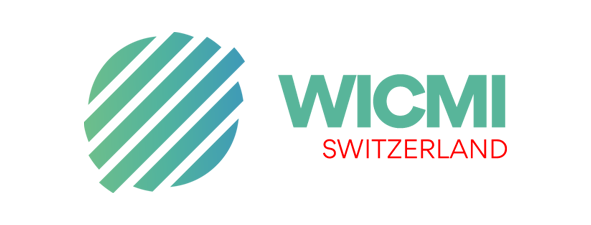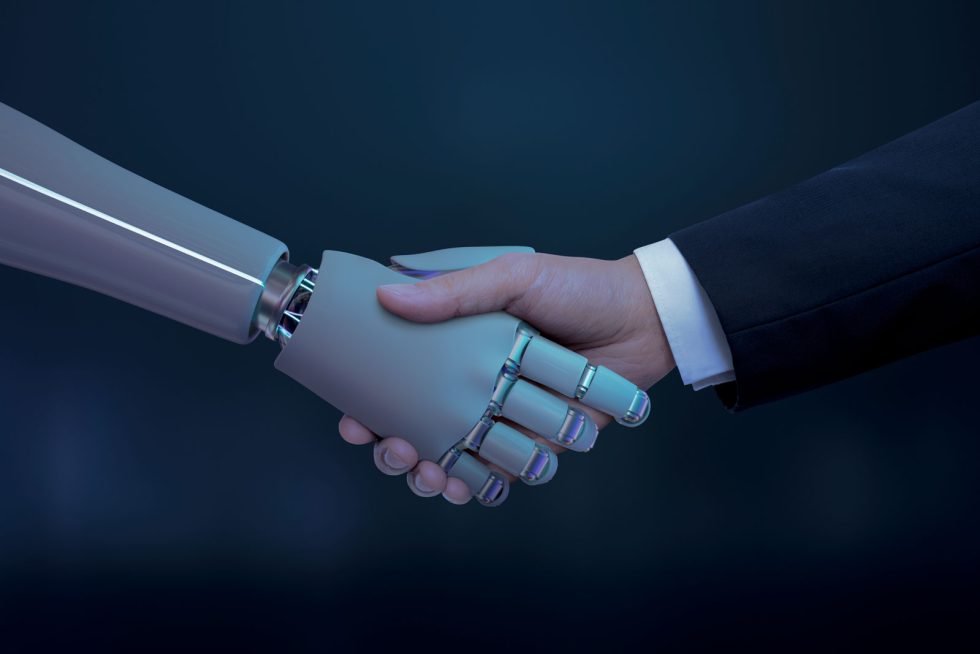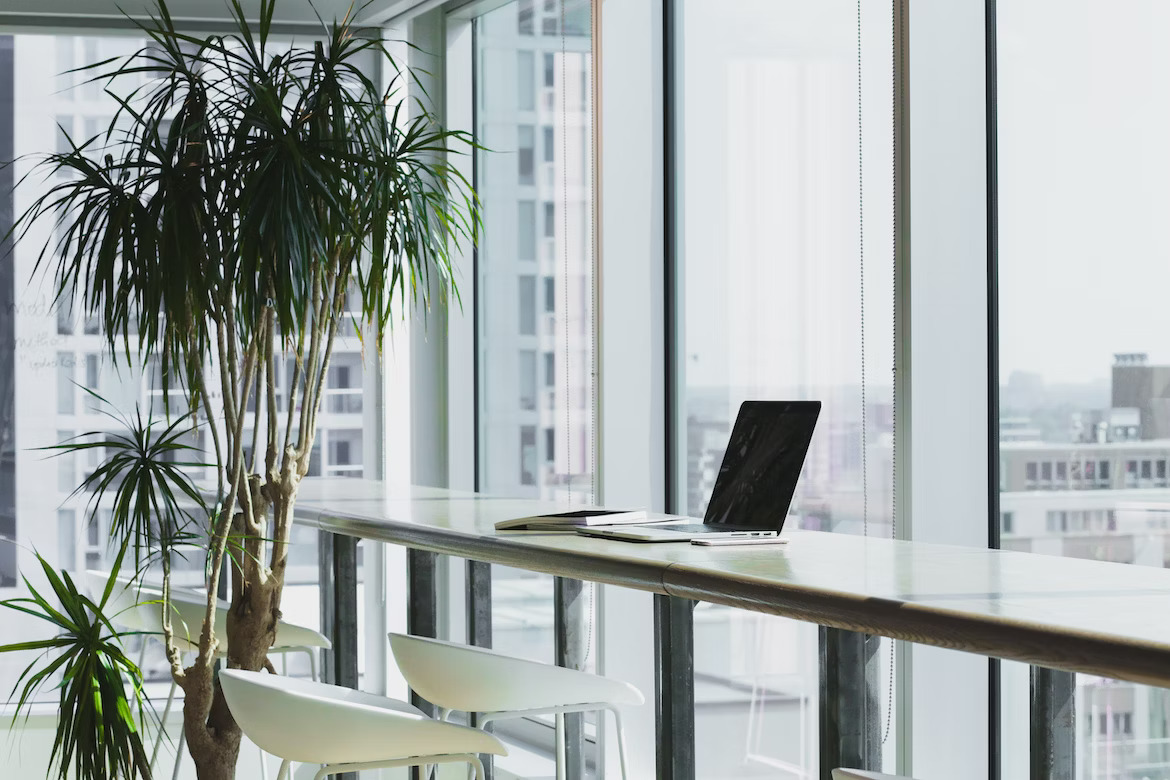We live in a fast-paced world, both because of our routines and the way we relate to our environment, and because of the pace at which new opportunities and innovative developments arise (and die). This is also due to the constant change in the global scenario, currently torn by wars, crises, the impact of climate change and digital transformation.
In this context, it is important to look at the direction we are taking our businesses. Are we thinking about the medium and long term? Are we considering the impact of our businesses on the broader ecosystem they are part of?
The most important idea that seems to be guiding resilient companies and industries that are thinking and preparing for the future is that of sustainability. Undoubtedly, today the main challenge for any company or venture is not so much to grow, which was the focus of most businesses in the last century, but to evolve. The difference between growth and evolution is that one can grow independently of its environment and without the need to adapt to the changes that surround it, while evolution happens when we look at the environment and become aware of the ecosystems in which we operate. That is why the concept of sustainability is so important, because it implies meeting the needs of present generations without compromising the possibilities of future generations. Sustainability in today’s world, overloaded with urgencies, requires that we develop and evolve taking into account our impact and that of innovation not only on the environment, but also on the economy and the development of society.
Every initiative we start today should be based on the principle of sustainability, because in the medium term, business will not be conceived in any other way, and society will demand it. The concept of sustainability first appeared in the so-called Brundtland Report, published in 1987 for the United Nations. It does not only refer to the good use of natural resources, but rather considers the whole range of human processes (social, economic, educational, technological, among others) that allow society to evolve positively.
In Europe, the concept of sustainable business is becoming increasingly important. Indeed, most of the European Union’s strategic documents, apart from referring to Industry 4.0 – which is a new way of producing with a focus on the opportunities offered by emerging technologies, interconnectivity, automation, and real-time data – increasingly include the idea of Industry 5.0. The latter offers a vision of industry that goes beyond efficiency and productivity, and places research and innovation at the service of the transition to a sustainable, human-centered, and resilient industry.
Thinking about our businesses in a sustainable way also implies considering the technology we use or can use to develop and enhance them. Taking advantage of the opportunities offered by new technologies in a conscious way means looking beyond the usefulness of one or another technology to enhance our business and thinking about how it will impact our customers and society as a whole. Are the individuals who consume our products or services prepared so that the technologies we incorporate do not have a negative impact on their social behavior? In this aspect, digital and information literacy – which implies not only knowing how to use digital technologies but also understanding how they work and their social impact – is crucial.
Perhaps the best way to understand sustainability and the scope of the concept is to refer to the UN 2030 Agenda and its 17 Sustainable Development Goals (SDGs), which seek to achieve, at a global level, important targets for the future of our societies, such as quality education, the production of affordable and clean energy, the reduction of inequalities, and the development of sustainable cities and communities. Sustainability must serve as a compass to guide our efforts in the short, medium, and long term. We must be aware not only of the natural resources on which we depend as a business, many of which are becoming increasingly scarce, but also of the economic and social ecosystem in which we are immersed, who is in it, and how the smallest change within it can be a huge disruption to our work.





